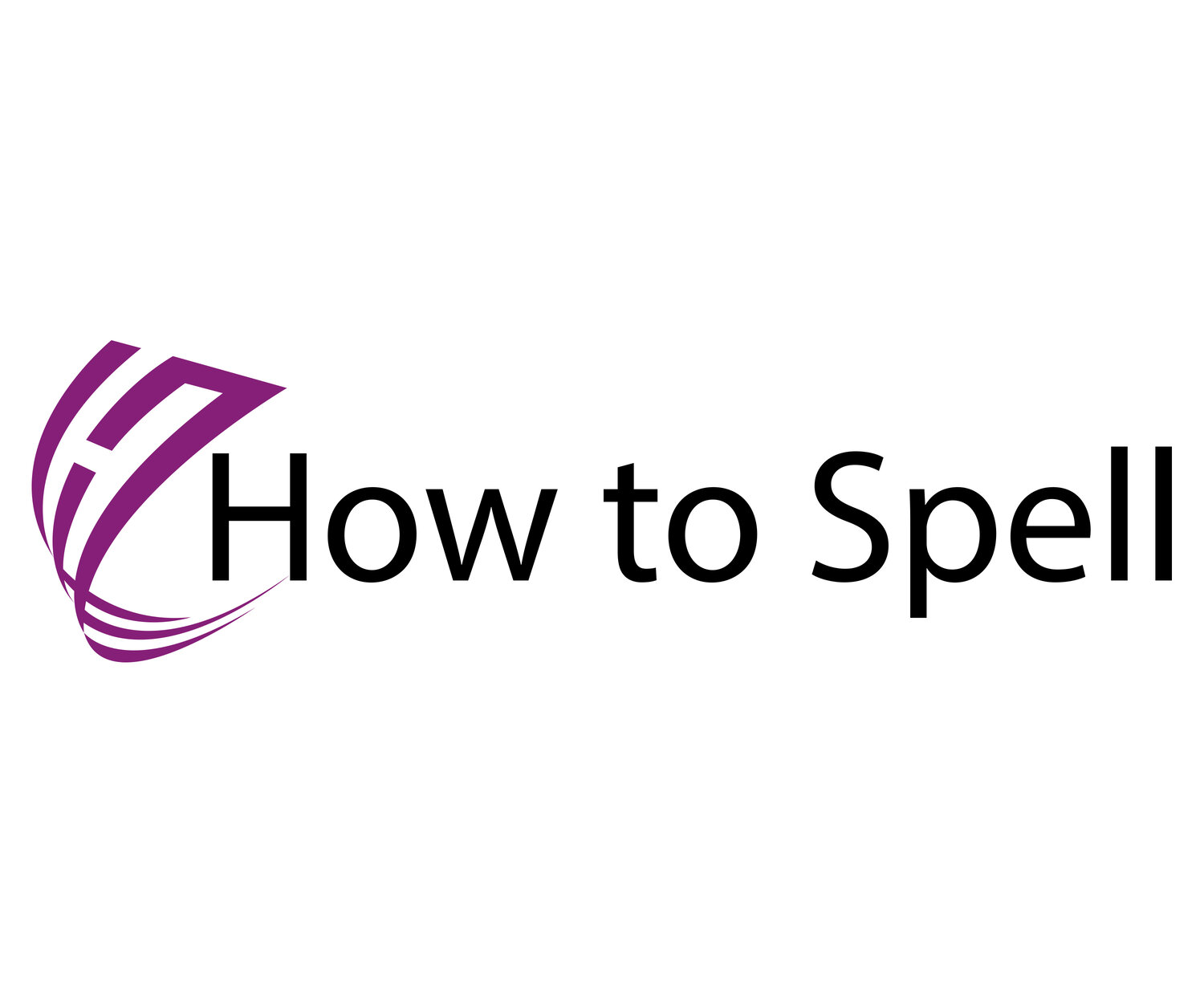unnecessary, embarrassed, separately, definitely, argument, irrelevant, responsibilities, achievement, reference, particularly, occasional, committed, colleagues, liaison
These words are the most misspelled words made by native speakers according to the Oxford Dictionary, Oxford University Press, and Viviane Cook. And the worse thing is they're often misspelled on job application forms.
Do you misspell these words?
You have to work at spelling to improve it. Just because you've seen a word and written it down once doesn't mean you'll be able to spell the word. No.
You must work at and study spelling -
notice it, think about it, question it and take notes.
Taking notes, writing your thoughts, and questioning helps to boost your retention/remembering by 50%.
And, of course, you must write and use the spellings.
How to Spell the 20 Most Commonly Misspelled Words Workbook & Journal is for adults like you who can spell OK, but need to work on these words to spell them confidently (and correctly, unlike a lot of people!)
It’s suitable for both British and American English users.
The How to Spell the 20 Most commonly Misspelled Words Workbook & Journal takes you through a step-by-step process that really makes you notice, study, and write these words so you can remember how to spell them.
Don't be the one who misspells these words! Learn to spell them in a month.
Contents
How to use this workbook journal
Example journal entry
1. Necessary
2. Embarrassed
3. Accommodating
4. Separate
5. Definitely
6. Argument
7. Relevant
8. Responsibility
9. Achieve
10. Occasion
11. Liaise
12. Experience
13. Particularly
14. Environment
15. Government
16. Colleagues
17. Successful
18. The ‘commit’ word family
19. The ‘refer’ word family
20. The ‘prefer’ word family
126 pages of strategies, exercises, note taking, journalling.
Go to your local Amazon site to buy the book or click one of these: Amazon.co.uk, Amazon.com, Amazon.com.au, Amazon.in, Amazon.jp, etc.
The book takes you through a step-by-step process that involves:
• noticing the word, its patterns, rules, vowels and consonants
• understanding the tricky bits of the word, and suggested memory tricks and strategies to remember the spelling
• writing down your thoughts, memory tricks, word art and drawings
• doing the Look Say Cover Write Check method to get you thinking about the spelling, using your memory trick, and writing the word
• writing 3 sentences that are relevant to your life, work and fun
• and then spending the day noticing the word everywhere, and trying to use it and write it in emails, or on social media
Recent emails
Hi Joanne
Halfway through you book, it's brilliant. Going through a word a night. It proves that if you study a word a day and find out the meaning of that word and how to use it in a sentence it seems to sick in your memory. Do you remember when I first started this journey? I said I would love to be able to write without thinking about my spelling, well I can do that now.
Thank you so much.
Annette x
I got a chance to look through your book. IT IS FABULOUS! Great JOB!!! I like the format of the book. You should be proud. Maria P, teacher, USA
Love this book, Joanne, I work through it every day and find I see the words and patterns everywhere, especially in ads on the Tube.
Robert.
I want to say thanks for this book. It's a useful little book and I enjoy writing in it and drawing pictures of the words - gets my creative juices going! Samantha, Birmingham, UK.
I agree with the comment from Samantha. I love writing in the book and writing sentences and the word art is fun. Tony, Canada.
I recently purchased your Spelling Rules Workbook and also received your How to Spell the 20 Most Commonly Misspelled Words. I would like to say that I have found them most useful - clear and succinct. In fact my colleagues and I would like your permission to use some of the explanations and exercises in the Year 7 spelling programme we are currently developing. (With acknowledgement naturally.) We do intend to purchase copies of your book for each of the Year 7 teachers to use as a reference. Jude

